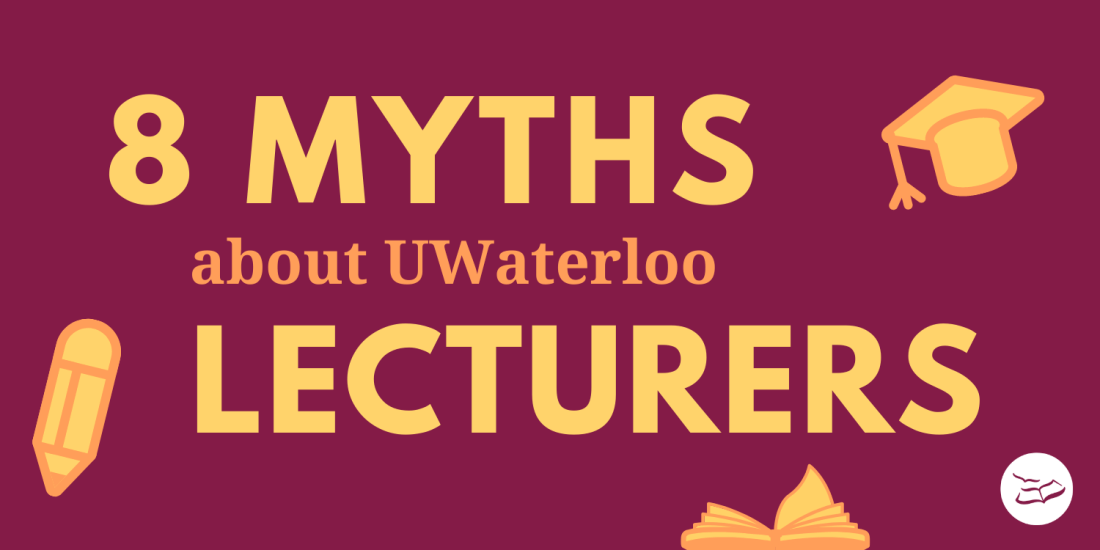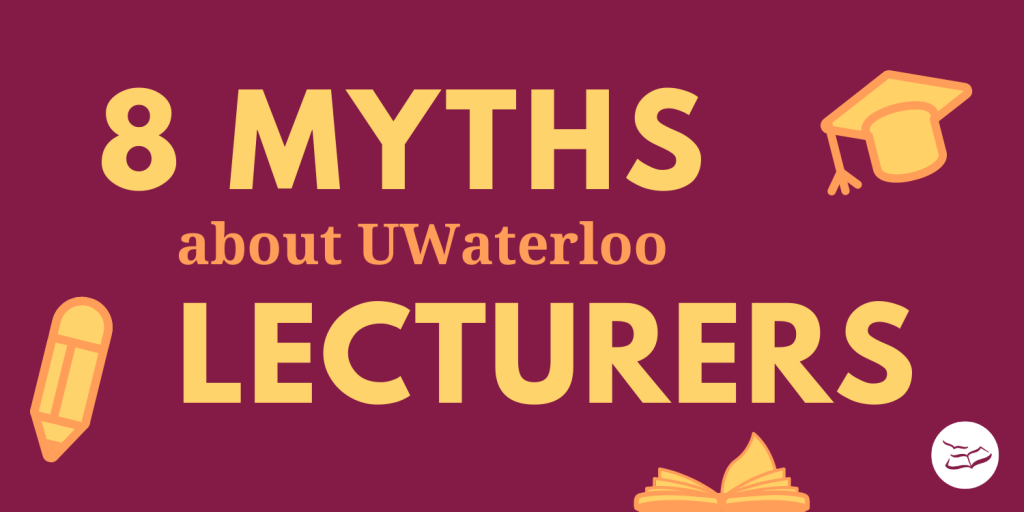The highlight of the fall general meeting on December 7 was definitely Jay Dolmage’s audio glitching and getting stuck in a loop of him saying “bleak, but” as he tried to provide an update on the employee accommodations policy. (Jay later summarized in the chat: “PDC 57 has some reason to be optimistic that we can move this along in the new year.”)
“Bleak, but…” turns out to be a good summary of how members seem to be feeling about the role of faculty in governance at Waterloo. Policy development keeps stalling, faculty feel like senate meetings are rubber stamping sessions, and we don’t really get a say in a lot of university guidelines and academic processes that affect our work.
But there’s cause for hope. The administration agrees that the policy development process isn’t working, and we’ll be talking about how to fix that as soon as we see how the new Policy 76 process works out. There’s some real desire and momentum right now among members to find better ways of doing things, whether that’s a revised Policy 1 (the policy on policies), moving more items into the Memorandum of Agreement, or considering certification. And, most importantly, a whole lot of faculty members are interested and engaged with these issues and offering some great suggestions. Now we just need to make them happen. Some ideas we’ve heard recently—at this meeting or otherwise—include:
- Regular open discussions about hot issues
- Mobilizing faculty senators—maybe meeting in advance of senate meetings
- Better tracking of member suggestions and Board follow up
- Negotiating a workload policy
- Solidarity with other employee and student groups at UW
- Improving APRs (the process for these is governed by the MoA, but standards are currently set by each Faculty and department)
- A member engagement committee to build networks and identify opportunities for members to work on issues
- And, of course, the internal governance review that will be starting soon
What do you want to make happen, and how? Let us know in the comments, or contact Mary Hardy, acting president, or David Porreca, president-elect.
2023 negotiation priorities
We asked for ideas for goals in our next round of negotiations, which start in late 2023. Here are the most common suggestions:
Continue reading “Bleak, but… (GM and board meeting reports: December 2022)”

